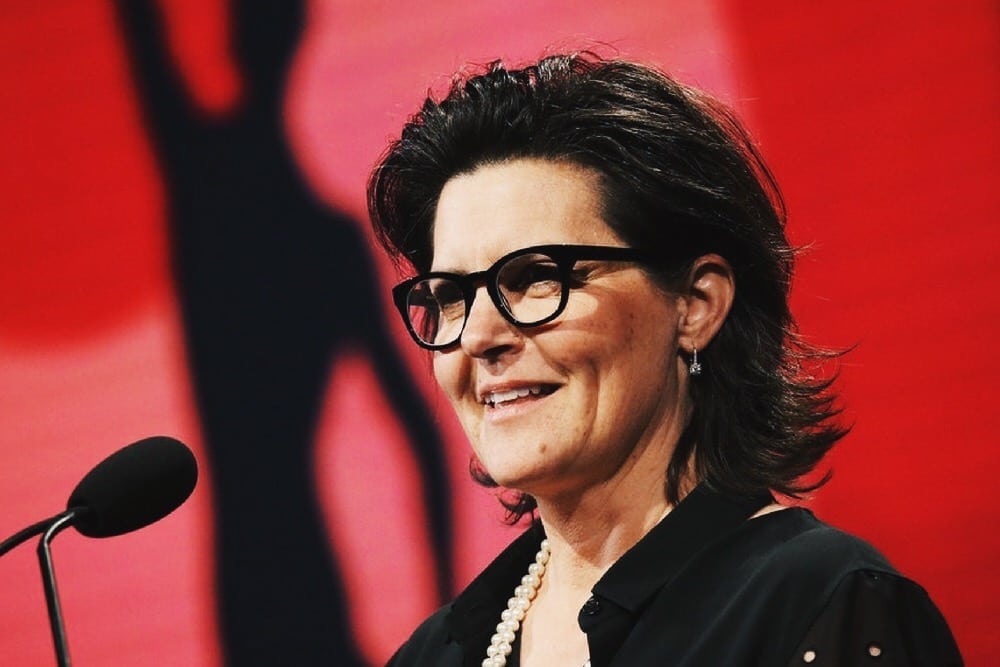While no one likes to be rejected, perhaps it’s time to reconsider the true meaning and impact of rejection.
For example, let’s say a company posts a job opening and 300 people apply for position. Ultimately, 299 of them are going to be rejected. Most jobs have dozens, hundreds (and for companies like Apple) thousands of job applicants. If you respond to 10 different job ads and you don’t land any of those jobs, does this mean that you’re doing something wrong? Not necessarily. While it’s possible that you didn’t present well or you weren’t qualified for the positon, it’s also possible that you’re just in a highly-competitive job market.
Suppose you don’t get into your favorite college? Consider this: Harvard and Stanford typically accept 5% of applicants. Yale accepts 6%, and Princeton accepts 7%. Obviously, most applicants don’t get accepted into these schools.
What if you pitch an idea to your boss, and it’s turned down? Does this mean your boss hates you? Perhaps your idea just wasn’t that good.
Rejection occurs for a lot of reasons, but it’s your response that’s important. Most people don’t handle rejection well because they take it personally, when often, it isn’t. And even on the occasions when it is personal (one person dissolves a relationship), rejection can often work in your favor.
BRACING FOR AND HANDLING REJECTION
Stacey Brook, founder and chief advisor at College Essay Advisors, tells HER Magazine that the primary reason people contact her company is to avoid rejection. However, Brook thinks this is ironic because she believes we should actually embrace it.
“In fact, I recommend you try some rejection on for size – big, baffling rejection,” Brook says. “Fall-on-your-face rejection — as early and often as possible.”
Her company helps guide applicants through the process of writing essays which help them get accepted to their dream schools.
“As the undergraduate applicant pool gets larger, and the competitive landscape thickens, I find myself mentally preparing students for all of the possibilities that lie ahead; including the chance that they will not get exactly what they want,” Brook says. “When I have these conversations with students – and their parents – I often utter a line that sounds like an empty adage, though I believe it to the core of my soul: rejection is good for you.”
In fact, she believes that rejection breeds success. “Rejection teaches us that we won’t always win the role, land the client, woo the love interest – and that’s okay.” Brook acknowledges that it can be disappointing, embarrassing, and even heartbreaking to experience rejection.
“But rejection also provides the opportunity to build resilience – it gives us the opportunity to examine our mistakes and see that we can do better,” Brook says. “Most of all, rejection teaches us that there is always another chance to make a bold move and go after what you want – if you don’t let rejection get you down.”
However, not everyone handles rejection well, and in extreme cases, it can lead to violence. According to a report by the Centers for Disease Control and Prevention, social rejection by peers and school failure are some of the factors that contribute to youth violence. There have been countless stories in the news about individuals who were fired from a job or spurned by a romantic interest and went on a violent rampage.
While most people don’t go to those extremes, handling rejection has become so problematic that Smith College actually offers a program, Failing Well, that helps students deal with rejection and failure. In one course, students are asked, “What’s the worst that can happen and can you live with that?” Other courses tackle such topics as perfectionism, and how to stop overthinking decisions.

Wait!!! Have you checked out our monthly digital magazine yet? If not, go here to access our publication for free and stay tuned for the November issue coming soon.
6 BENEFITS OF REJECTION
Rejection can often make you a better person. According to research from an assistant professor at Columbia University, critical remarks from a supervisor can sometimes cause employees to be more creative.
For women entrepreneurs, Brook believes that it is beneficial – and even important – to experience rejection every now and then. She lists six benefits of rejection:
- Experiencing rejection early in life is akin to breaking a bone when you’re little. You see that something unpleasant can happen to you and you don’t die. You learn to take risks and overcome your fears. You also learn to be resilient and move on to the next challenge more quickly each time.
- Exposure to rejection allows you to develop a thick skin. When you are busy growing a company, you don’t have time to dwell on every criticism and failed exploit. Learning to shake off rejection and move on to the next challenge is simply good for business. It also sets a good example for the people that work for you. Resilience and confidence are contagious.
- Rejection can be humbling in a way that doesn’t have to be demoralizing. No, we’re not perfect. And we won’t be able to achieve every one of our goals. Limitations remind us that we’re human and that we have strengths and weaknesses. Life would be boring without things to improve upon, so accept your limits and find the joy in charging toward new challenges.
- Rejection can show you the answers. It can force you to push beyond your initial tunnel vision and see the potential in other avenues that you had not previously given serious consideration. You may be pleasantly surprised when you go back to the drawing board and come up with a second, third and even fourth backup plan for reaching your goals.
- Rejection allows you to trust yourself and your ability to adapt. Gaining an understanding that your ability to thrive isn’t contingent on a hyper-specific set of circumstances is incredibly valuable. You will make it work, because that’s what entrepreneurs do.
- Rejection teaches you to be happy for others’ success in the face of disappointment as well as how to lose gracefully. Get used to supporting others and their achievements – there is room at the top for all of us. Rejection also tests your ability to be kind to yourself in the face of failure, which, for many high achievers, is a learned skill.
Now, let’s be realistic. No one is going to rejoice and say “Oh, goody, I’m being rejected!” In fact, Brook admits, “No, it isn’t pleasant, and when it’s happening, I wish it wasn’t.” However, she explains that rejection is an inevitable part of life. “The good news is, if you approach it with the right mindset, there will be opportunity waiting for you on the other side.”







